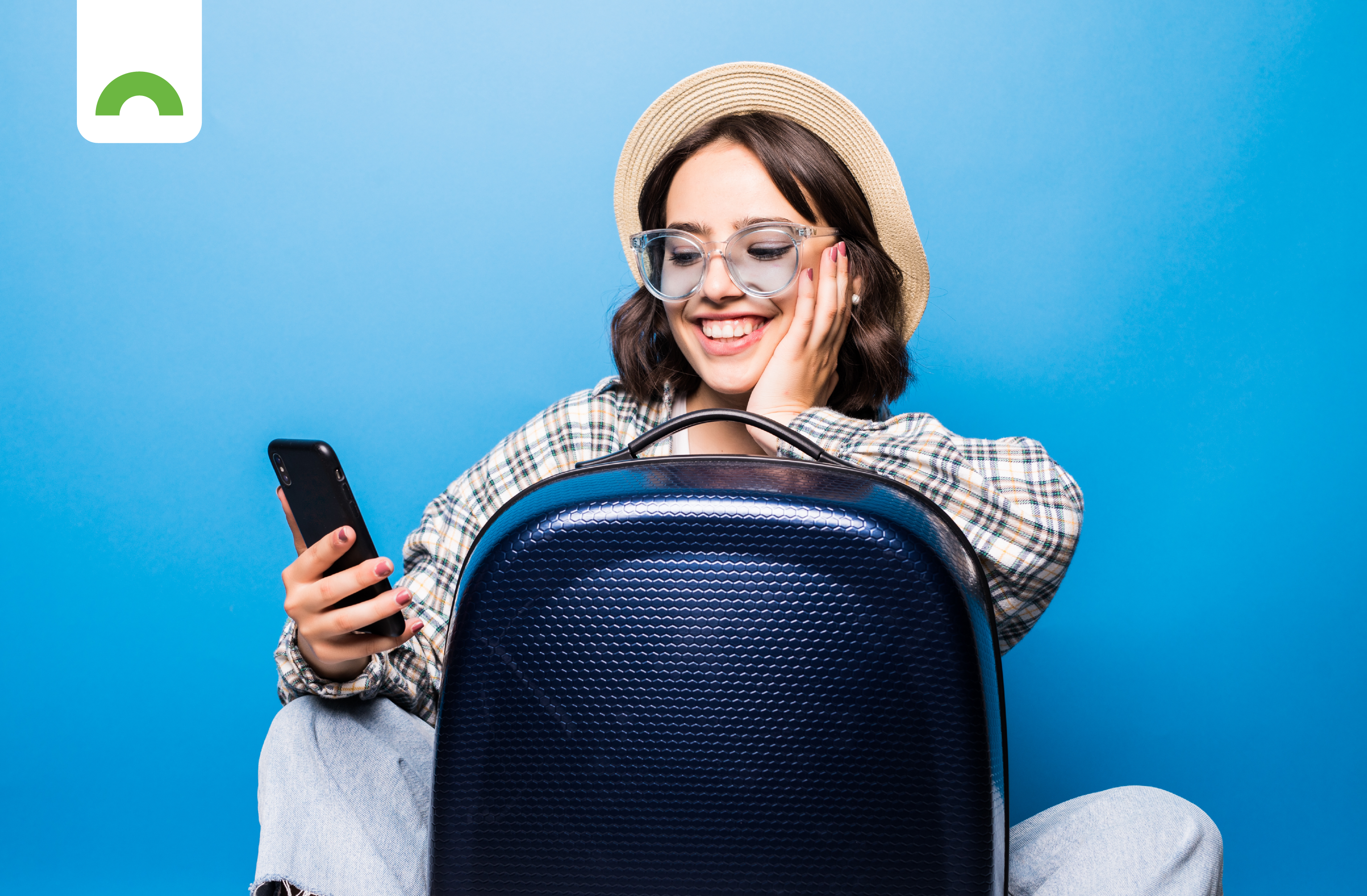As our industry faces the reality of the challenges and threats 2020 has brought, let us factor technology into our planning and let it help support our response.
We face uncertain times with the global impact of COVID-19. There have always been natural disasters, extreme weather events, social and political upheaval, and other health scares, but this unique threat presents new fears and unknowns to manage. We continue to take our cue from the trends forecast for the immediate future, to find solutions that keep our clients returning to us.
The need for response is real
The situation in travel now is that there are things travellers worry about that we cannot control – we must be seen to care and be sensitive to those concerns. It’s more important than ever to keep a sharp eye on developments in the news, and implement any mitigable measures where possible. We have a responsibility to our clients to communicate what we know and how we intend to manage their safety.
Saying nothing is not an option – our clients are looking to us to guide them as best we can. Looking forward, it’s imperative to continue engaging with travellers to understand how we can address their concerns and how we can appeal to them as we plan for recovery.
 How can tech help?
How can tech help?
Travellers will increasingly expect to connect remotely with experiences during travel; so we can start by giving them more control over their stay on their mobile phones. That includes in-room experiences and off-premises activities. Can your guests currently book restaurants, excursions or day tours safely on their mobile devices? Time to shift part of your concierge service online.
Coincidentally, one major trend among travel consumers is the expectation of smart solutions and the Internet of Things (IoT). They’ll want to move away from paper-based admin towards cloud-based check-in/out processes, the use of smart keys for accommodation, even facial recognition.
It doesn’t just offer them more freedom of independent movement, it also limits contact with other people. Here’s an opportunity to address that need with an IoT mobile app that saves them from touching switches and buttons. We’re talking about self-service tech that enables them to control room temperature, lights, the television set, heater and A/C system, alarm, and other in-room conveniences.
Applying stricter protocols around cleaning guest rooms and general access areas is standard. Your guests will want to see alcohol-based hand sanitisers liberally available in the spaces they occupy. We need to start training staff properly to deal with the new anti-virus cleaning requirements. If capacity allows, the option of allocating guests at higher risk their own germ-free areas, is another good option. Drainage systems and air circulation in closed spaces need a fresh look – external flow poses a lower risk of infection.
We have a choice: submit to the panic, or pause and take mindful action. And whatever can be done to safeguard guests and staff, needs to be communicated. Information dispensed in a calm, level-headed manner will bring factual relief to the anxiety fed by fake news and panic.
 Thinking forward with tech
Thinking forward with tech
Experiential trends
It’s not all about limiting human contact – the expectation of technology in the purchasing journey, and during travel, is growing.
- Voice search is making itself heard loud and clear, already being used to research deals, promotions, personalised travel tips, upcoming events, and to access tourism services. Voice on mobile will only become more popular.
- Travellers will want to try before they buy, seeking out content that enables an immersive, interactive consumer experience. Virtual Reality imagery and tours will become a staple content form that enhances the discovery stage, offering travellers an insider view of rooms, activities and facilities, and helping you sell your products better.
- The option to book once a decision is made needs to be present, visible and mobile-responsive.
60% of Generation Z book travel online via mobile
Travelport
Hot on the heels of experiential, travel-mad Millennials is the younger Generation Z, both born and bred tech savvy consumers. When they travel, they want the same 5G immersive digital experience they enjoy in their everyday lives; they want streaming boxes in-room to access their favourite entertainment during travel, from television to gaming. With increasing travel spend and influence, we should pay attention to these demographics as we look forward.
Environmental trends
A Travelport study shows that 55% of business travellers will choose eco-friendly travel options this year. If we believe that travel recovery will start with them, it’s worth looking to smart energy management for relevant solutions. We think leisure travellers will follow this trend too.
Implementing a few changes to improve the guest experience can also reduce business costs. We recommend using this time to practise more sustainable standards in business operations, consumption, emissions, waste, in structural property design, in community engagement and affiliations – make the investment now for a bigger pay-off later. Why not take advantage of the temporary tourism lull we face now? Implement eco-friendly measures like smart lighting with occupancy sensors (so the lights don’t go on when nobody’s home!) and examine where and how to incorporate indigenous materials.
 Marketing trends
Marketing trends
Reviews, loyalty and data highlight the way forward. Online reputation has never been more important. We have a few recommendations for you:
- Dedicate someone to manage your social media platforms, to engage with travellers and monitor what gets said about your brand.
- Invite reviews, feature and share them, because travellers will increasingly influence each other’s travel choices this year. Elicit imagery from satisfied clients – UGC will add tremendous value to your visual content marketing.
- Mine your online communities for data – as they share information and reviews, discover the age groups of prominent participants, their lifestyles, jobs, gender and hobbies, for insights to help you develop relevant, new USPs.
- Openly discuss issues that worry travellers about travel and destinations, because misinformation serves nobody – they will appreciate your candour.
Loyalty programmes are investments in future revenue for your business – millennials are amenable to these but make them straightforward and simple, because nobody has time for complicated. Poll them, survey them, analyse the data, and put those findings towards your planning. Data collected from previous and repeat visits will help you predict guest behaviour, develop your products and personalised offerings, as well as adjust your marketing campaigns.
 Speaking of counting clicks, if you want travellers to book directly with you rather than going through an intermediary, we suggest you optimise your website and booking engine. Self-service is going to be big this year – meet the demand by automating your process, personalising the buying experience, and enabling informed choices with rich content. Add translations of your content into different languages to give you access to more markets further afield than usual.
Speaking of counting clicks, if you want travellers to book directly with you rather than going through an intermediary, we suggest you optimise your website and booking engine. Self-service is going to be big this year – meet the demand by automating your process, personalising the buying experience, and enabling informed choices with rich content. Add translations of your content into different languages to give you access to more markets further afield than usual.
Bring tech into your reality check
Even without COVID-19 hovering over our industry, technology would still play an integral role in the travel buying journey. But if it helps us make travel a bit safer in the face of infection too, then that’s the best first response we can offer future guests.


Would you like to share your thoughts?
Your email address will not be published. Required fields are marked *